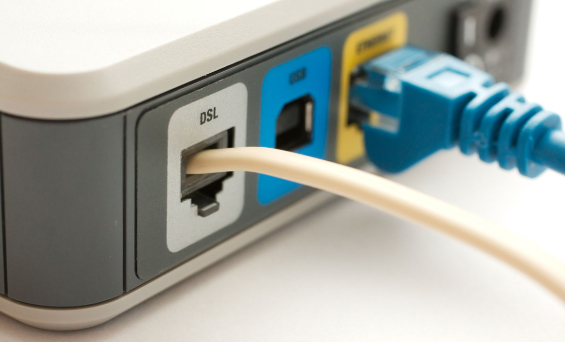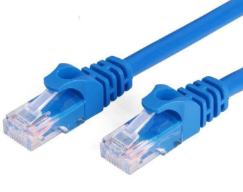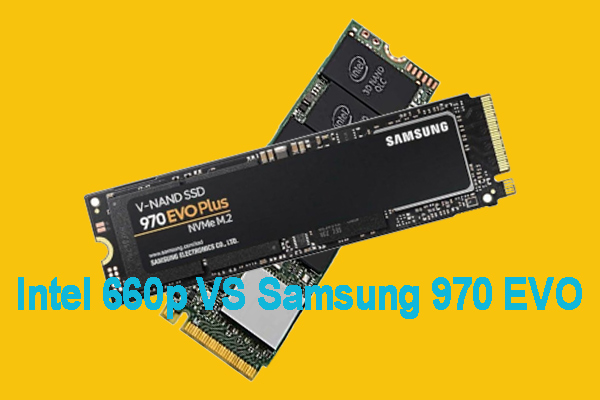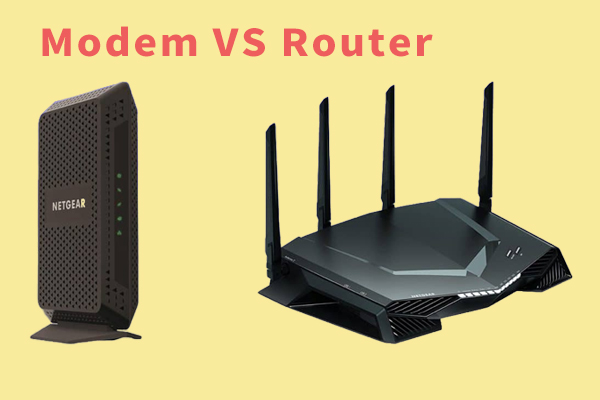Both DLS and cable are widely used internet providers, but a large number of people are tangled to choose DLC or cable internet. What the difference between DLS vs cable internet? Which one is right for you? Today, MiniTool will explore these questions together with you.
DSL and Cable Internet Overview
In order to compare DSL vs cable internet connection, it is necessary to have an overall understanding of the 2 types of internet providers.
What Is DSL Internet
What is DLS internet? Digital Subscriber Line (DSL) utilizes specific copper phone lines. It is suitable for most of us because DSL internet can be wired for a phone in your home or office. Also, DSL internet connection is widely available in rural areas.

–image from https://dailywireless.org/
If you want to use an affordable internet connection for medium uses including streaming video on one or two devices, checking emails, and occasional gaming, then you can choose a DSL connection. At present, the DSL internet providers mainly come from CenturyLink, AT&T, and Frontier. The speed also varies depending on different internet providers.
What Is Cable Internet
Unlike the DSL internet connection using older telephone lines, cable connection utilizes the newer coaxial lines that can carry more bandwidth. So, the cable connection is usually faster than DSL. If you want to stream a lot of videos on multiple devices, upload large files, or play games online in the home, then cable internet connection is a better option. There are many popular cable internet providers like Spectrum, Comcast (Xfinity), Cox Communications, and Optimum.

After reading the above information, you should have an initial impression on DSL vs cable internet. Do you want to know a more detailed comparison of the 2 internet connection? Please keep reading the following part.
DSL VS Cable Internet
DSL vs cable which is better? Here we will analyze their differences from the aspects of structure, speed, reliability, and price.
Structure
DSL is one of the oldest internet connection as well as the predecessor to dial-up. It exclusively uses your local phone line to connect your devices to the internet and transfer data. There are 2 types of DSL connections – symmetric and asymmetric. The symmetric DLS provides equal upload and download speeds, while the asymmetric provide higher download speed and lower upload speed.
Instead of using telephone lines, cable connection works through the existing coaxial line that delivers the internet to your home or office. To use cable internet, the provider will supply you with the necessary equipment such as a cable modem. The modem connects your devices to a coaxial cable and converts the signal into data that can be received and sent by your devices.
Speed
When it comes to the DSL speed, the delivering speeds can vary greatly depending on the availability at your location and internet providers. According to a survey, the fastest DSL internet can speed up to 115 Mbps, but the slowest delivering speed is closer to 10 Mbps or less. Commonly, the upload speeds range from 384Kbps to 10 Mbps, while the download speeds extend from 1 to 35 Mbps.
Compared with DSL speed, cable connection is relatively faster. The fastest delivering speed provided by Xfinity Gigabit Pro fiber can rate up to 2000 Mbps. Commonly, the cable download speeds start around 25 Mbps up to 1000 Mbps, while the upload speeds extend from 5 to 50 Mbps.
Price
There are slight differences between cable vs DSL internet connections. The prices vary depending on your needs, the internet provider, the subscription you choose, and your location. Usually, the DSL subscription is less expensive than a cable package.
According to the investigation, most cable users need to pay about $50 to $800+ per month, while DSL packages can range from $20 up to $300 per month. If you want to know more detailed prices, you can contact the internet providers.
Is DSL Internet Better Than Cable?
DSL vs cable internet which is better? In fact, the answer depends on your specific needs. If you want to choose a fast delivering speed, you can consider choosing a cable. If the price is an important factor, you may choose DSL internet.
To help you make an easier choice, we summarize the pros and cons of the 2 types of internet connections. For that:
DSL Internet
Pros:
- Widely usable
- Affordable
- Dedicated connection
Cons:
- Slower speeds
- Long contracts
- Prone to storm damage
Cable Internet
Pros:
- High delivering speeds
- Widely available
- Affordable TV bundles
Cons:
- Slower upload speed
- Limited rural availability



User Comments :